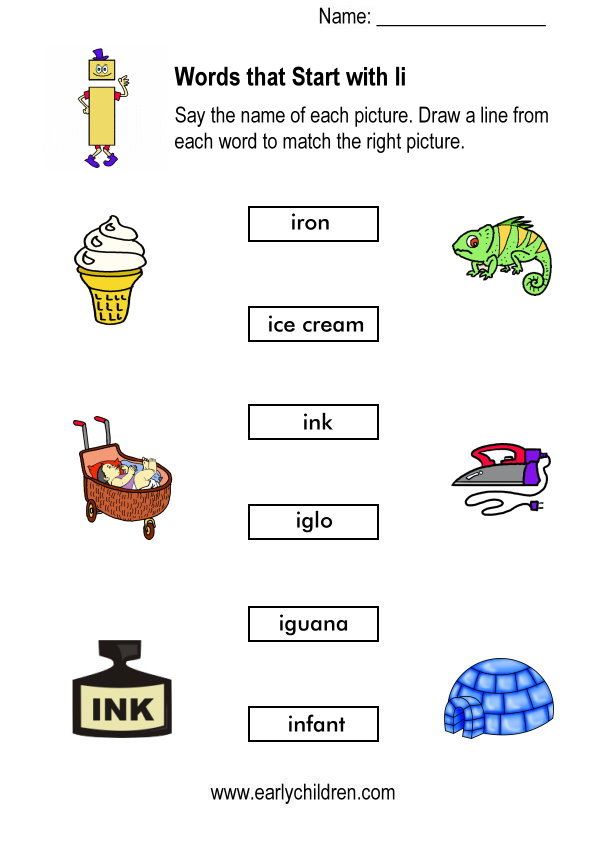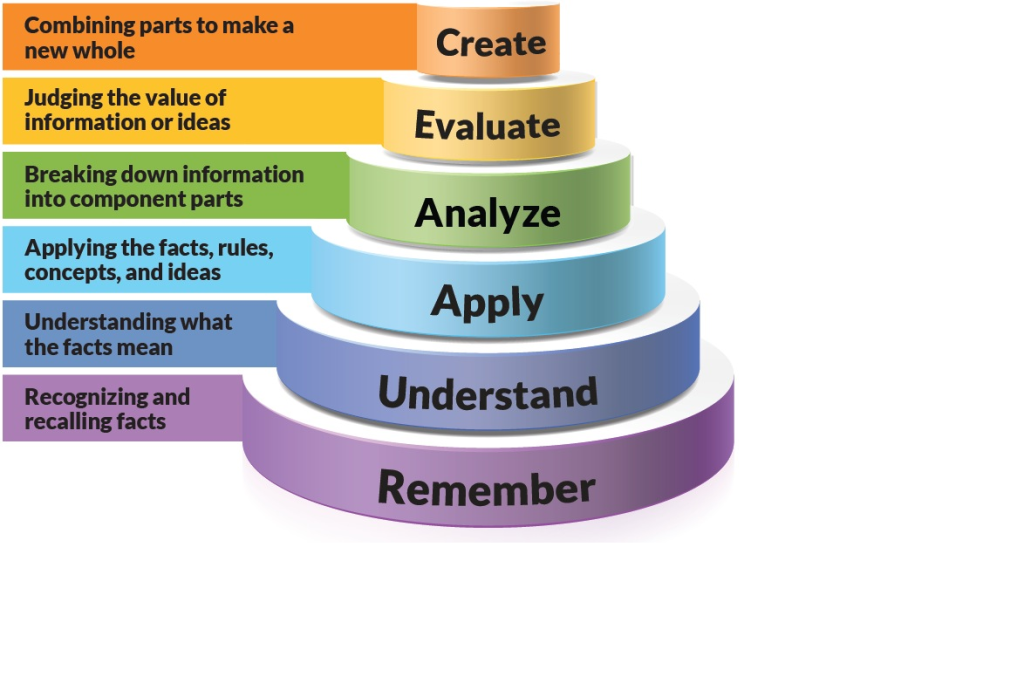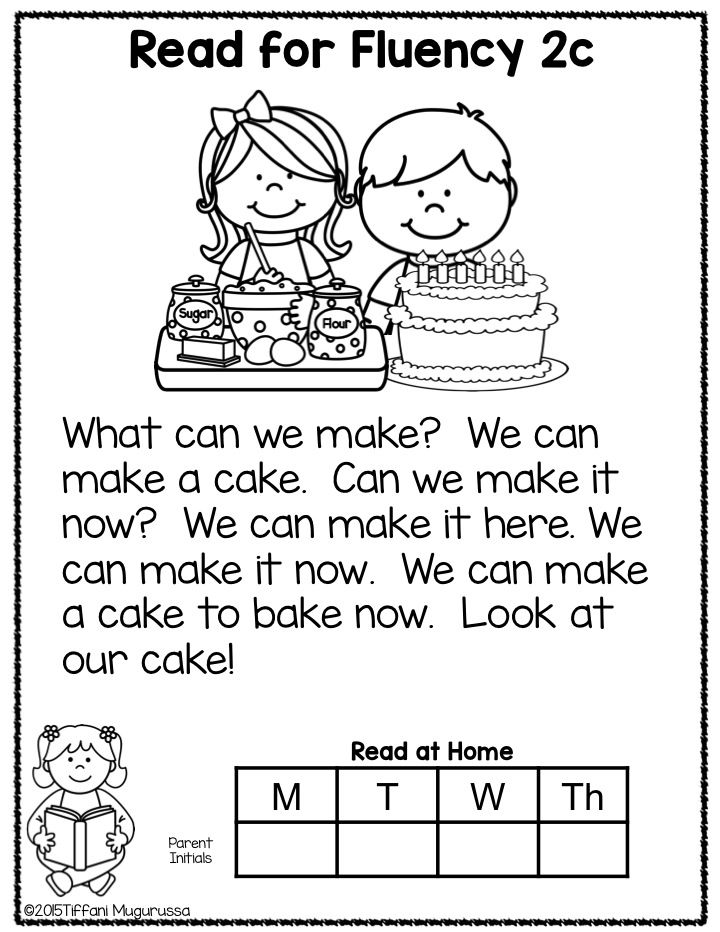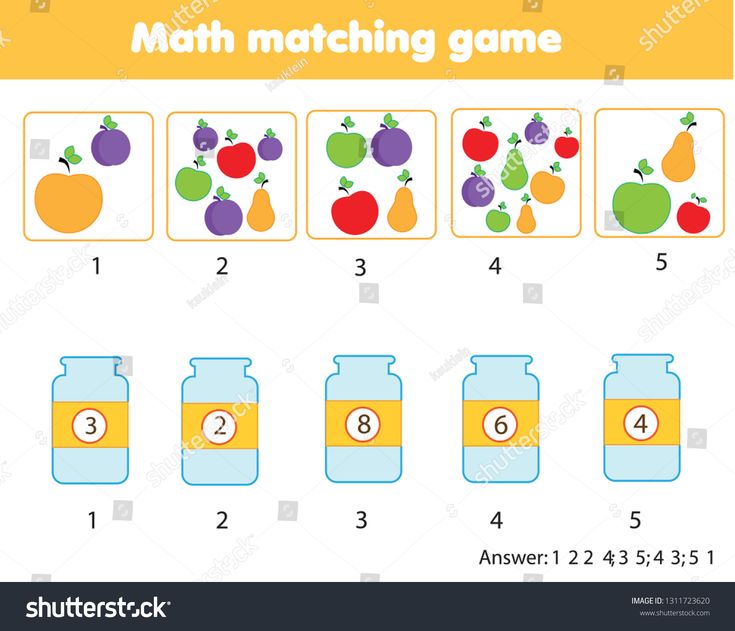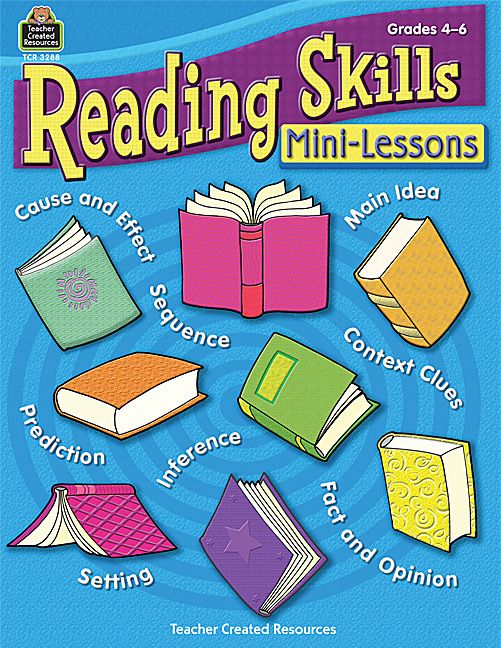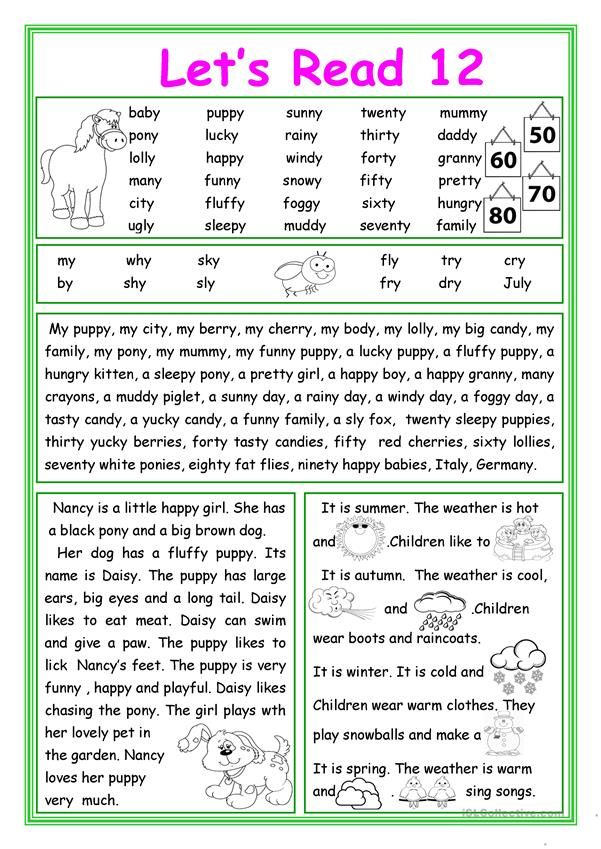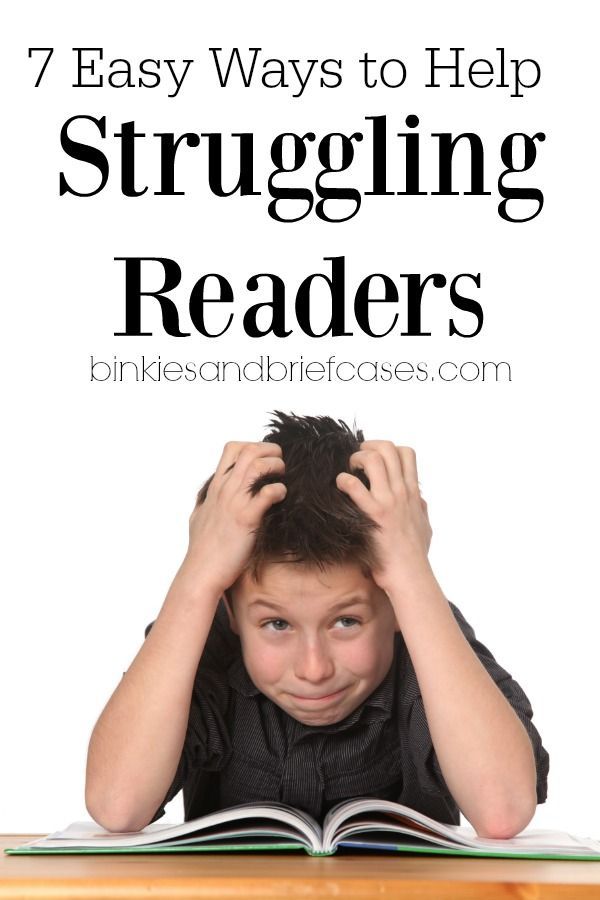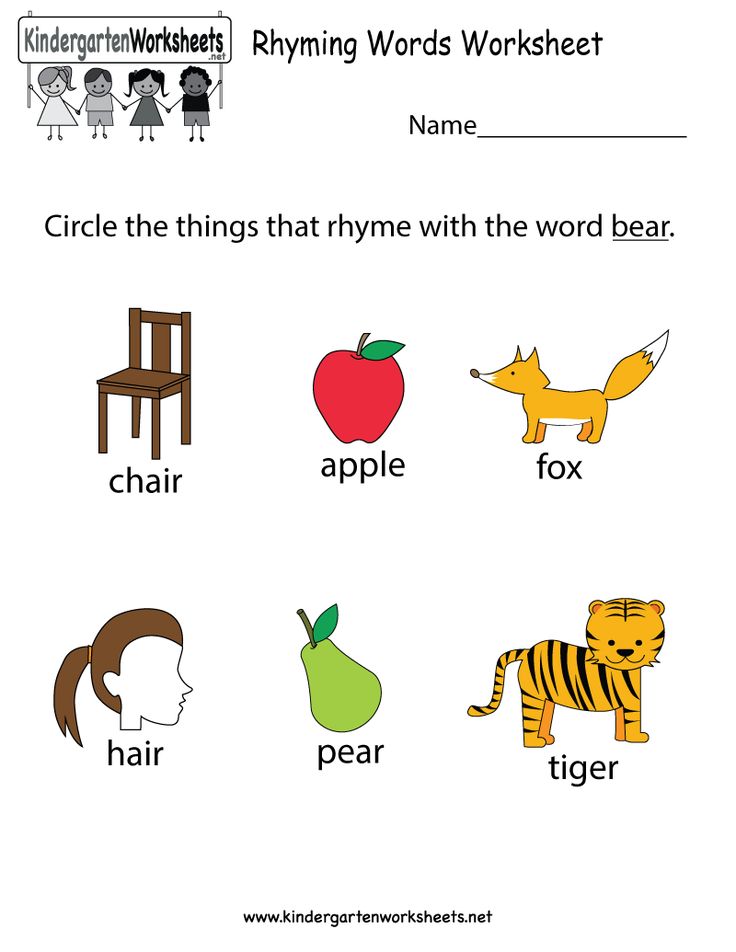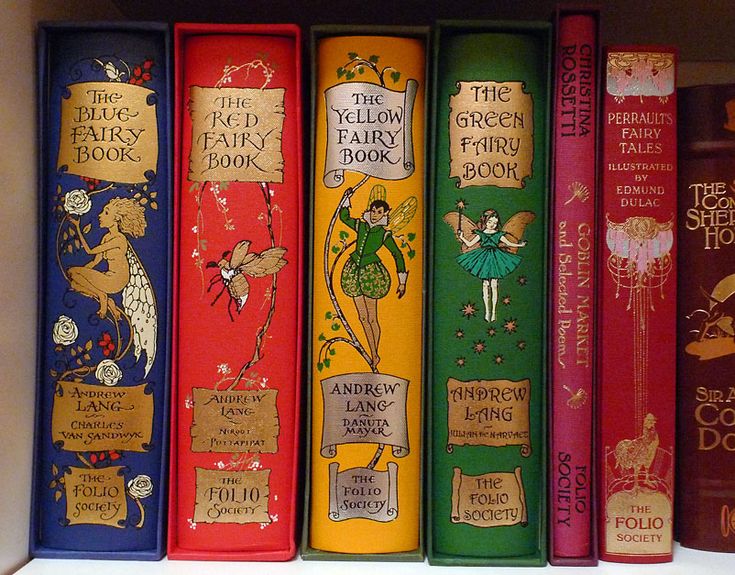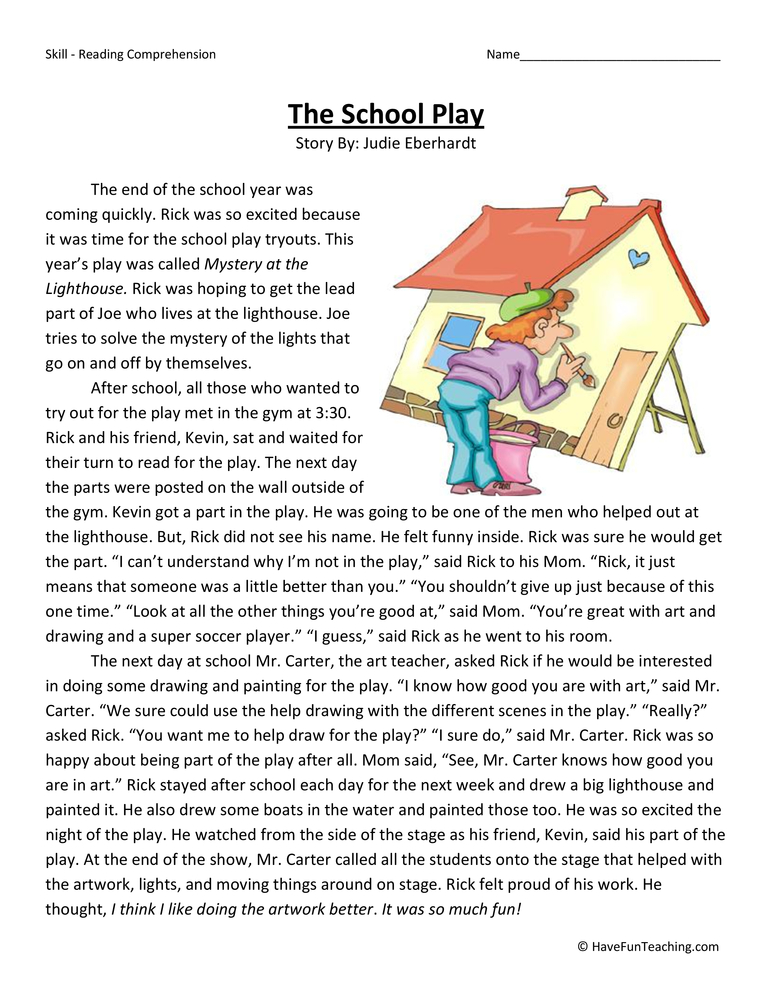Words that start with the long a sound
Long A Words for Kindergarteners
Written by Amber
KindergartenLanguage ArtsResources for Educators
This post may contain affiliate links. For more information, please see my full disclosure policy.
Learning vowel sounds can be rough on kids.
They might look like simple, single letters, but these five (sometimes six) little letters can make multiple sounds and do so in multiple ways.
The English language is known for its quirky rules that don’t always make a whole lot of sense and the many exceptions to those rules that you’ll encounter.
It can be confusing enough to rattle the brain of a fully grown adult, but for a kindergartner that’s just learning to read, it can be even worse.
I try to keep this in mind when we first start learning to read.
We start with the short vowel sounds as those are typically what are seen most often in regular day to day reading, and those are usually picked up pretty quickly.
But once we move onto the long vowel sounds, we slow way down.
You’ll find far more rules and ways to make these sounds and a few new exceptions to the rules as well.
Today, we’re going to focus on that long A sound and the long A words that your kindergartener will be able to read and spell with it.
PinNow, like I said before, we typically start learning vowel sounds by covering the short vowel sounds first as these are much more common and give kids the opportunity to immediately start reading short CVC words, but moving onto those long vowel sounds is also really exciting.
Learning these long sounds gives your kindergarteners the ability to really expand the list of words that they’ll then be able to read and spell.
You just have to learn those rules that I talked about earlier.
Ways to Make the Long A Sound
When learning to identify those long A words, your kindergartener should understand that there are a few different way to make them.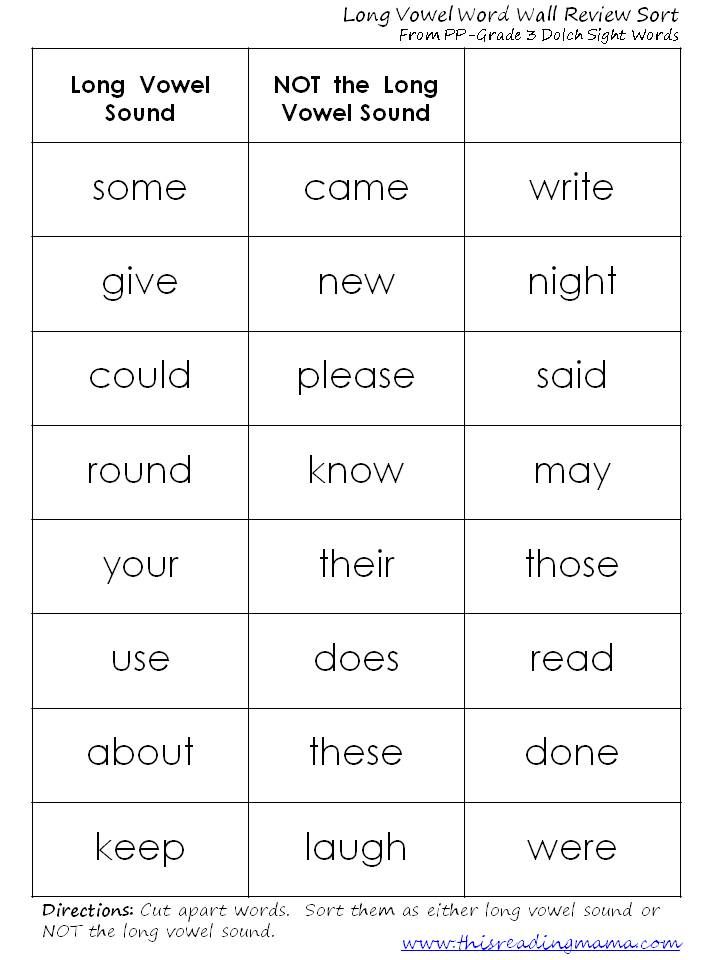
The Magic Silent E
This is an easy one to spot and kids always love spotting that magic silent E!
These are VCe or a_e words where the A and the E are separated by a consonant and the E is the last letter in the word. With this combination the E sits silently at the end of the word while making the previous vowel say its name.
Words like ace, cake, fame, and gate are all magic E words.
The Vowel Team AI
There’s an old saying that I learned in school that makes these vowel team rules super simple to remember: when two vowels go walking, the first one does the talking.
So, when you see this particular vowel team, ai, the A will make that long A sound and say its name while the I will remain silent.
Examples of the long A words containing the ai vowel team include maid, train, paid, and faint.
The Vowel Team AY
This vowel team works exactly the same as the other when it comes to those long A words.
The A does the talking while the Y stays silent.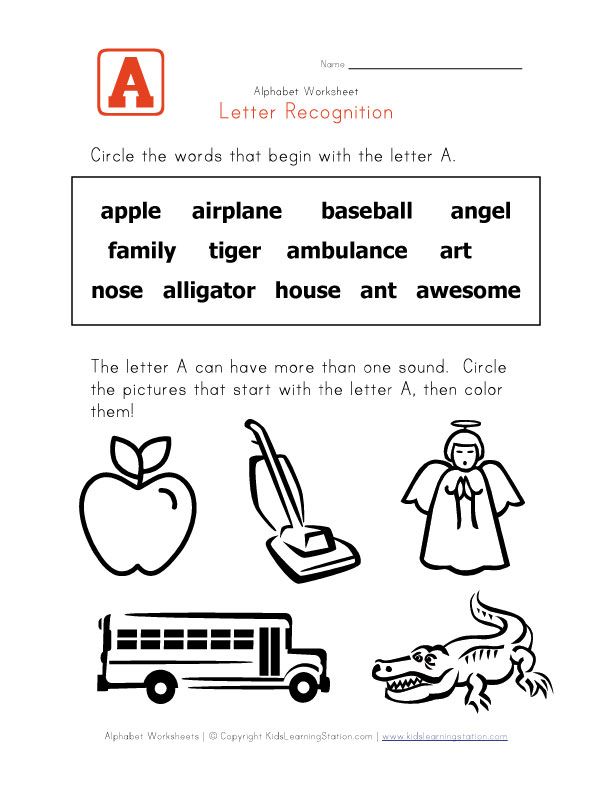
You’ll see this vowel team in words like ray, pay, away, and spray.
The Open Syllable
Open syllables occur when a vowel is at the end of a syllable.
Alternatively, syllables that end in consonants are considered closed.
When the letter A is found at the end of a syllable, this produces that long A vowel sound.
You’ll find this in long A words like April, radio, cater, and table.
The Irregular Vowel Team EI
Like I said earlier, there are always exceptions to the rules.
The vowel teams rules would tell us that when two vowels go walking, the first one does the talking, but the ei vowel team is the exception.
This team makes that long A sound and can be found in words like eight, vein, neighbor, and reign.
Knowing these five ways to make the long A sound will make it exponentially easier for your kindergarteners to identify them, but it can also be helpful to know the various spellings that they might see.
Spelling Long A Words
There are eight different spelling patterns that can create the long A sound.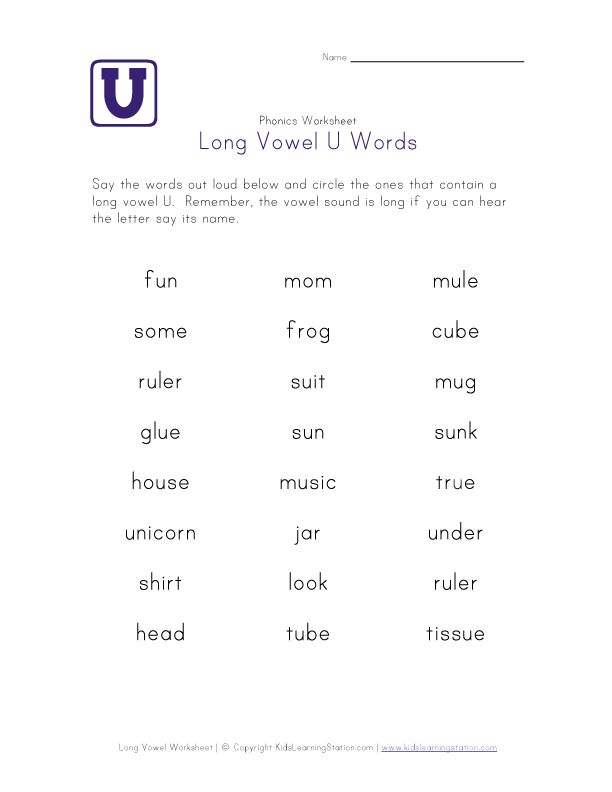
- a (halo)
- a_e (make)
- ai (bait)
- ay (day)
- ei (vein)
- eigh (sleigh)
- ea (break)
- ey (they)
Now, while it’s important to know the rules, exceptions, and spelling patterns for those long A words, it’s far more important to get in some good old fashioned vowel practice with a list of different long A words.
PinLong A Word List
Words That Start with Long A
- aim
- ail
- aid
- able
- acorn
- apron
- April
- agent
- aphid
- angel
- alien
- alias
- age
- away
- acre
- aide
- apex
- ache
- ate
- ape
More Long A Words
- baby
- bait
- bake
- base
- basic
- break
- cable
- cage
- cake
- came
- cane
- cape
- case
- cave
- change
- contain
- crate
- data
- display
- eight
- essay
- explain
- face
- fame
- flake
- game
- grate
- gray
- graze
- great
- hail
- halo
- hay
- hazy
- label
- lady
- lake
- main
- make
- maple
- mate
- may
- obey
- pain
- paper
- plain
- potato
- radio
- rake
- rate
- reign
- relay
- say
- shaky
- skate
- sleigh
- space
- sprain
- strain
- survey
- sway
- table
- take
- tomato
- trade
- tray
- vein
- waist
- weigh
By no means is this an exhaustive list, but it definitely gives you and your kindergarteners a solid place to start.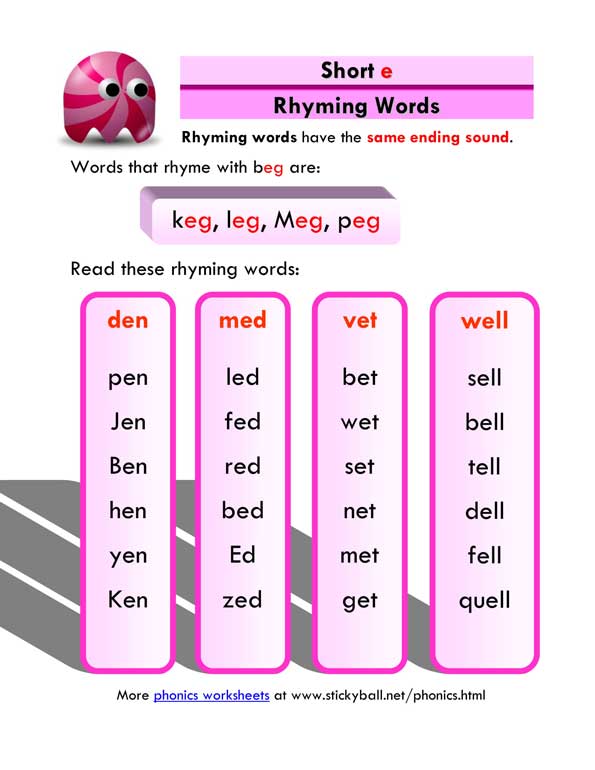
With time and a little bit of practice, they’ll soon be able to identify the rule that makes each of these long A words as well as be able to spot other long A words in their day to day reading.
Amber
Amber is a former preschool teacher turned stay at home, homeschooling mom of 3 and the creator of From ABCs to ACTs. She loves sharing crafts, activities, and printables that encourage children to learn through play, creativity, and exploration. Learn More
Long A Sound, List of Long A Words and Worksheets
Leave a Comment
- Share
- Tweet
The long a sound can be spelled several ways. The magic e or final e and the open syllable are the most common ways. In addition, the long a sound can be represented in 2 vowel teams (“ai” and “ay”). Of course, there will be exceptions or odd balls- the irregular vowel team (“ei”).
Five Ways to Spell the Long A Sound
- Magic E (VCe or a_e)
- Vowel Team – AI
- Vowel Team – AY
- Irregular Vowel Team – EI
- Open Syllable – Long A
The magic E rule states when a word contains the letter “e” at the end, it is usually silent and the preceding vowel says its name (long sound), e.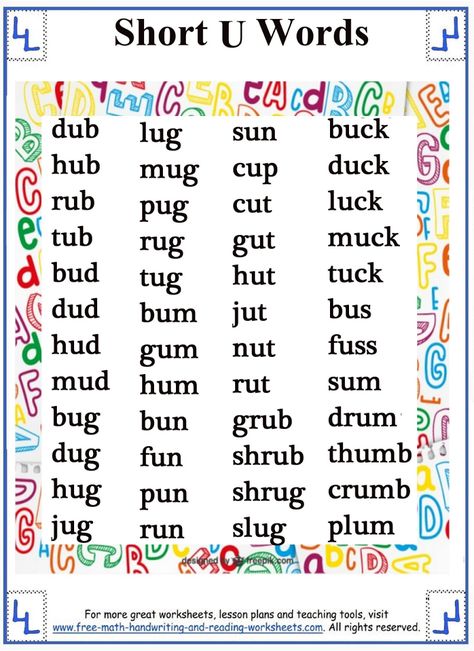 g., cake and date.
g., cake and date.
The vowel team rule states when two vowels go walking the first does the talking and the second vowel is silent. The combination of both an “a” and an “i” (double vowels) results in the long a sound. There are many AI words, e.g., maid, brain and paint.
As noted above, when two vowels go walking the first does the talking. The combination of both an “a” and “y” can result in the long a sound. The AY words, e.g., day and say, are not as plentiful as the AI words.
The vowel team rule states when two vowels go walking the first does the talking and the second vowel is silent. Like most things in life, there are exceptions. The combination of the vowels “e” and “i” can result in the long a sound, e.g., eight, sleigh, neigh and weigh.
An open syllable occurs when a vowel is at the end of the syllable (it is not closed by a consonant), e.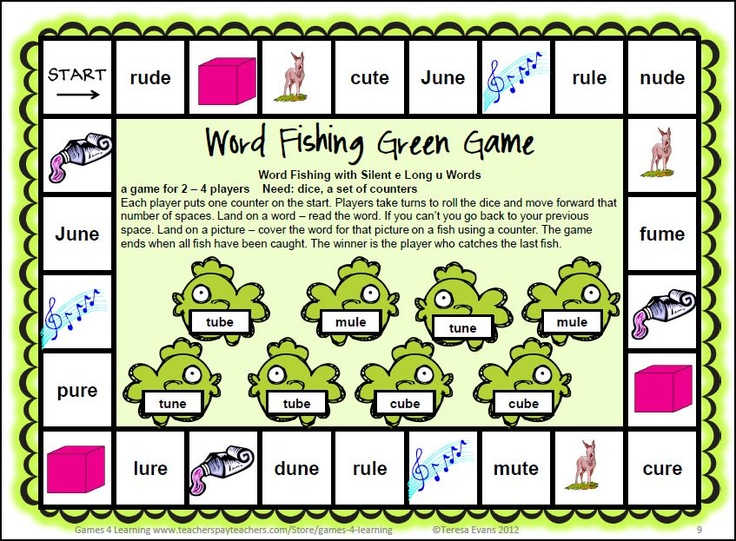 g., A/pril and ha/zy.
g., A/pril and ha/zy.
Long A Words
The table below contains 169 long A words. The words are categorized into one of the five ways the long a sound can be spelled – Magic E Rule, Vowel Teams (2), Irregular Vowel Team and Open Syllable.
| Long A Words | Category | Word Family / Sound |
|---|---|---|
| able | Open Syllable Rule | initial sound |
| ace | Magic E Rule | -ace |
| acorn | Open Syllable Rule | initial sound |
| acre | Open Syllable Rule | initial sound |
| afraid | Open Syllable Rule / Vowel Team - AI | initial sound / -aid |
| age | Magic E Rule | -age |
| agent | Open Syllable Rule | initial sound |
| ail | Vowel Team - AI | -ail |
| aim | Vowel Team - AI | -aim |
| ale | Magic E Rule | -ale |
| angel | Open Syllable Rule | initial sound |
| ape | Magic E Rule | -ape |
| apex | Open Syllable Rule | initial sound |
| apricot | Open Syllable Rule | initial sound |
| April | Open Syllable Rule | initial sound |
| apron | Open Syllable Rule | initial sound |
| Asia | Open Syllable Rule | initial sound |
| ate | Magic E Rule | -ate |
| baby | Open Syllable Rule | medial sound |
| bade | Magic E Rule | -ade |
| bail | Vowel Team - AI | -ail |
| bait | Vowel Team - AI | -ait |
| bake | Magic E Rule | -ake |
| bale | Magic E Rule | -ale |
| bane | Magic E Rule | -ane |
| base | Magic E Rule | -ase |
| basic | Open Syllable Rule | medial sound |
| basis | Open Syllable Rule | medial sound |
| baste | Magic E Rule | -aste |
| bay | Vowel Team - AY | -ay |
| blade | Magic E Rule | -ade |
| blame | Magic E Rule | -ame |
| blaze | Magic E Rule | -aze |
| brace | Magic E Rule | -ace |
| braid | Vowel Team - AI | -aid |
| brain | Vowel Team - AI | -ain |
| braise | Vowel Team - AI | -aise |
| brake | Magic E Rule | -ake |
| brave | Magic E Rule | -ave |
| bray | Vowel Team - AY | -ay |
| cage | Magic E Rule | -age |
| cake | Magic E Rule | -ake |
| came | Magic E Rule | -ame |
| cane | Magic E Rule | -ane |
| cape | Magic E Rule | -ape |
| case | Magic E Rule | -ase |
| cave | Magic E Rule | -ave |
| chain | Vowel Team - AI | -ain |
| chaise | Vowel Team - AI | -aise |
| chase | Magic E Rule | -ase |
| chaste | Magic E Rule | -aste |
| claim | Vowel Team - AI | -aim |
| clay | Vowel Team - AY | -ay |
| crane | Magic E Rule | -ane |
| crate | Magic E Rule | -ate |
| crave | Magic E Rule | -ave |
| craze | Magic E Rule | -aze |
| crazy | Open Syllable Rule | medial sound |
| dale | Magic E Rule | -ale |
| dame | Magic E Rule | -ame |
| date | Magic E Rule | -ate |
| Dave | Magic E Rule | -ave |
| day | Vowel Team - AY | -ay |
| daze | Magic E Rule | -aze |
| detail | Vowel Team - AI | -ail |
| drain | Vowel Team - AI | -ain |
| drake | Magic E Rule | -ake |
| drape | Magic E Rule | -ape |
| eight | Irregular Vowel Team - EI | - |
| enable | Open Syllable Rule | medial sound |
| equator | Open Syllable Rule | medial sound |
| explain | Vowel Team - AI | -ain |
| face | Magic E Rule | -ace |
| fade | Magic E Rule | -ade |
| fail | Vowel Team - AI | -ail |
| faint | Vowel Team - AI | -aint |
| fake | Magic E Rule | -ake |
| fame | Magic E Rule | -ame |
| fate | Magic E Rule | -ate |
| faze | Magic E Rule | -aze |
| flail | Vowel Team - AI | -ail |
| flake | Magic E Rule | -ake |
| flame | Magic E Rule | -ame |
| flavor | Open Syllable Rule | medial sound |
| frail | Vowel Team - AI | -ail |
| frame | Magic E Rule | -ame |
| fray | Vowel Team - AY | -ay |
| gage | Magic E Rule | -age |
| Gail | Vowel Team - AI | -ail |
| gain | Vowel Team - AI | -ain |
| gait | Vowel Team - AI | -ait |
| gale | Magic E Rule | -ale |
| game | Magic E Rule | -ame |
| gape | Magic E Rule | -ape |
| gate | Magic E Rule | -ate |
| gave | Magic E Rule | -ave |
| gay | Vowel Team - AY | -ay |
| gaze | Magic E Rule | -aze |
| glade | Magic E Rule | -ade |
| glaze | Magic E Rule | -aze |
| grace | Magic E Rule | -ace |
| grade | Magic E Rule | -ade |
| grain | Vowel Team - AI | -ain |
| grape | Magic E Rule | -ape |
| grate | Magic E Rule | -ate |
| grave | Magic E Rule | -ave |
| gravy | Open Syllable Rule | medial sound |
| gray | Vowel Team - AY | -ay |
| graze | Magic E Rule | -aze |
| hail | Vowel Team - AI | -ail |
| hale | Magic E Rule | -ale |
| haste | Magic E Rule | -aste |
| hate | Magic E Rule | -ate |
| hay | Vowel Team - AY | -ay |
| haze | Magic E Rule | -aze |
| hazy | Open Syllable Rule | medial sound |
| jade | Magic E Rule | -ade |
| jail | Vowel Team - AI | -ail |
| Jake | Magic E Rule | -ake |
| Jane | Magic E Rule | -ane |
| jay | Vowel Team - AY | -ay |
| Kate | Magic E Rule | -ate |
| label | Open Syllable Rule | medial sound |
| labor | Open Syllable Rule | medial sound |
| lace | Magic E Rule | -ace |
| ladle | Open Syllable Rule | medial sound |
| lady | Open Syllable Rule | medial sound |
| laid | Vowel Team - AI | -aid |
| lain | Vowel Team - AI | -ain |
| lake | Magic E Rule | -ake |
| lame | Magic E Rule | -ame |
| lane | Magic E Rule | -ane |
| late | Magic E Rule | -ate |
| lay | Vowel Team - AY | -ay |
| lazy | Open Syllable Rule | medial sound |
| mace | Magic E Rule | -ace |
| made | Magic E Rule | -ade |
| maid | Vowel Team - AI | -aid |
| Vowel Team - AI | -ail | |
| maim | Vowel Team - AI | -aim |
| main | Vowel Team - AI | -ain |
| make | Magic E Rule | -ake |
| male | Magic E Rule | -ale |
| mane | Magic E Rule | -ane |
| mate | Magic E Rule | -ate |
| may | Vowel Team - AY | -ay |
| maze | Magic E Rule | -aze |
| nail | Vowel Team - AI | -ail |
| name | Magic E Rule | -ame |
| nape | Magic E Rule | -ape |
| navy | Open Syllable Rule | medial sound |
| nay | Vowel Team - AY | -ay |
| neigh | Irregular Vowel Team - EI | -eigh |
| obtain | Vowel Team - AI | -ain |
| okay | Vowel Team - AY | -ay |
| pace | Magic E Rule | -ace |
| page | Magic E Rule | -age |
| paid | Vowel Team - AI | -aid |
| pail | Vowel Team - AI | -ail |
| pain | Vowel Team - AI | -ain |
| paint | Vowel Team - AI | -aint |
| pale | Magic E Rule | -ale |
| pane | Magic E Rule | -ane |
| paper | Open Syllable Rule | medial sound |
| paste | Magic E Rule | -aste |
| pave | Magic E Rule | -ave |
| pay | Vowel Team - AY | -ay |
| place | Magic E Rule | -ace |
| plain | Vowel Team - AI | -ain |
| plane | Magic E Rule | -ane |
| plate | Magic E Rule | -ate |
| play | Vowel Team - AY | -ay |
| potato | Open Syllable Rule | medial sound |
| praise | Vowel Team - AI | -aise |
| pray | Vowel Team - AY | -ay |
| quail | Vowel Team - AI | -ail |
| quaint | Vowel Team - AI | -aint |
| quake | Magic E Rule | -ake |
| quay | Vowel Team - AY | -ay |
| race | Magic E Rule | -ace |
| radio | Open Syllable Rule | medial sound |
| rage | Magic E Rule | -age |
| raid | Vowel Team - AI | -aid |
| rail | Vowel Team - AI | -ail |
| rain | Vowel Team - AI | -ain |
| raise | Vowel Team - AI | -aise |
| rake | Magic E Rule | -ake |
| rate | Magic E Rule | -ate |
| rave | Magic E Rule | -ave |
| ray | Vowel Team - AY | -ay |
| raze | Magic E Rule | -aze |
| relation | Open Syllable Rule | medial sound |
| remain | Vowel Team - AI | -ain |
| sage | Magic E Rule | -age |
| sail | Vowel Team - AI | -ail |
| saint | Vowel Team - AI | -aint |
| sale | Magic E Rule | -ale |
| same | Magic E Rule | -ame |
| sane | Magic E Rule | -ane |
| save | Magic E Rule | -ave |
| say | Vowel Team - AY | -ay |
| scale | Magic E Rule | -ale |
| scrape | Magic E Rule | -ape |
| shade | Magic E Rule | -ade |
| shake | Magic E Rule | -ake |
| shale | Magic E Rule | -ale |
| shame | Magic E Rule | -ame |
| shape | Magic E Rule | -ape |
| shave | Magic E Rule | -ave |
| skate | Magic E Rule | -ate |
| slain | Vowel Team - AI | -ain |
| slave | Magic E Rule | -ave |
| slay | Vowel Team - AY | -ay |
| sleigh | Irregular Vowel Team - EI | -eigh |
| snail | Vowel Team - AI | -ail |
| snake | Magic E Rule | -ake |
| space | Magic E Rule | -ace |
| spade | Magic E Rule | -ade |
| Spain | Vowel Team - AI | -ain |
| sprain | Vowel Team - AI | -ain |
| spray | Vowel Team - AY | -ay |
| stage | Magic E Rule | -age |
| stain | Vowel Team - AI | -ain |
| stake | Magic E Rule | -ake |
| stale | Magic E Rule | -ale |
| state | Magic E Rule | -ate |
| station | Open Syllable Rule | medial sound |
| stave | Magic E Rule | -ave |
| stay | Vowel Team - AY | -ay |
| strain | Vowel Team - AI | -ain |
| strait | Vowel Team - AI | -ait |
| stray | Vowel Team - AY | -ay |
| sway | Vowel Team - AY | -ay |
| table | Open Syllable Rule | medial sound |
| tablecloth | Open Syllable Rule | medial sound |
| tail | Vowel Team - AI | -ail |
| taint | Vowel Team - AI | -aint |
| take | Magic E Rule | -ake |
| tale | Magic E Rule | -ale |
| tame | Magic E Rule | -ame |
| tape | Magic E Rule | -ape |
| taste | Magic E Rule | -aste |
| tomato | Open Syllable Rule | medial sound |
| trace | Magic E Rule | -ace |
| trade | Magic E Rule | -ade |
| trail | Vowel Team - AI | -ail |
| train | Vowel Team - AI | -ain |
| trait | Vowel Team - AI | -ait |
| tray | Vowel Team - AY | -ay |
| vacation | Open Syllable Rule | medial sound |
| vain | Vowel Team - AI | -ain |
| vane | Magic E Rule | -ane |
| vapor | Open Syllable Rule | medial sound |
| vase | Magic E Rule | -ase |
| vibration | Open Syllable Rule | medial sound |
| volcano | Open Syllable Rule | medial sound |
| wade | Magic E Rule | -ade |
| wage | Magic E Rule | -age |
| wail | Vowel Team - AI | -ail |
| wain | Vowel Team - AI | -ain |
| wait | Vowel Team - AI | -ait |
| wake | Magic E Rule | -ake |
| wane | Magic E Rule | -ane |
| waste | Magic E Rule | -aste |
| wave | Magic E Rule | -ave |
| way | Vowel Team - AY | -ay |
| weigh | Irregular Vowel Team - EI | -eigh |
| whale | Magic E Rule | -ale |
| x-ray | Vowel Team - AY | -ay |
Long A Worksheets
We created 30 worksheets to assist a child in learning the various ways the long A sound can be spelled.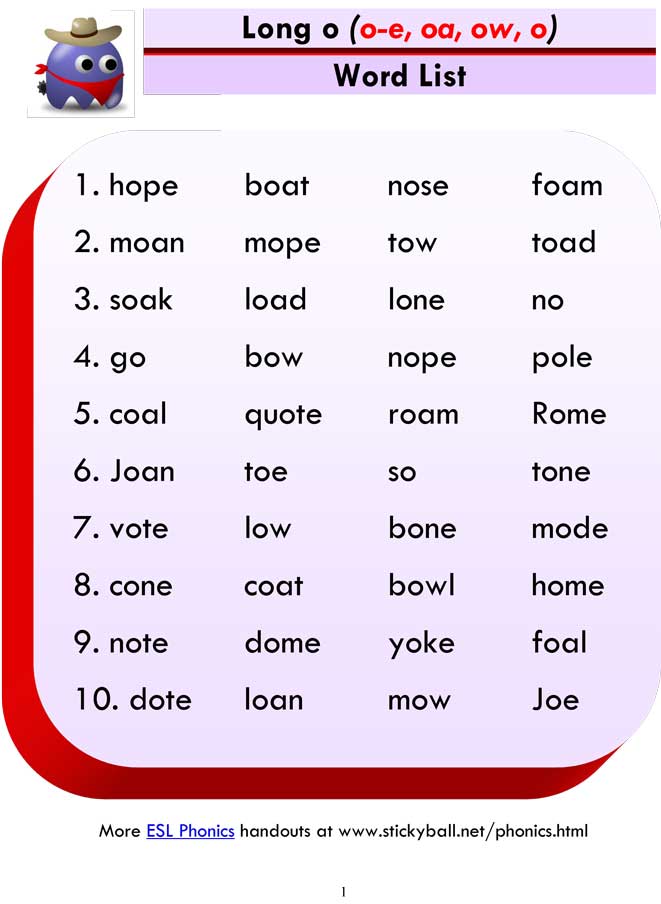
| Long A Worksheets | Long A Words |
|---|---|
| Magic E Worksheet 1 | lace, face, pace & race |
| Magic E Worksheet 2 | cage, page & stage |
| Magic E Worksheet 3 | bake, cake, make, rake, take & snake |
| Magic E Worksheet 4 | came, game, name, same, flame & blame |
| Magic E Worksheet 5 | made, trade & grade |
| Magic E Worksheet 6 | Jane, crane, cane & plane |
| Magic E Worksheet 7 | cape, gape, tape, grape & ape |
| Magic E Worksheet 8 | date, fate, late & gate |
| Magic E Worksheet 9 | haste, paste, waste & taste |
| Magic E Worksheet 10 | Dave, cave, gave & wave |
| Magic E Worksheet 11 | male, sale, scale & whale |
| Magic E Worksheet 12 | chase, case, base & vase |
| Magic E Worksheet 13 | daze, faze, maze, graze & blaze |
| AI worksheet 1 | laid, raid, staid, maid, paid & braid |
| AI worksheet 2 | hail, mail, tail & pail |
| AI worksheet 3 | jail, bail, fail & wail |
| AI worksheet 4 | Gail, quail, flail & trail |
| AI worksheet 5 | rail, nail, sail & snail |
| AI worksheet 6 | gain, main, pain, rain & vain |
| AI worksheet 7 | chain, brain, plain, grain & train |
| AY Worksheet 1 | bay, ray, day, say & okay |
| AY worksheet 2 | hay, jay, may, lay, way & pay |
| AY worksheet 3 | spray, gray, stray, pray & tray |
| AY worksheet 4 | clay, play, sway, stay & x-ray |
| AY worksheet 5 | gay, nay, quay, bray & fray |
| AI and AY worksheet 1 | pay, paid, stay, staid, lay & laid |
| EI Worksheet 1 | eight, neigh, sleigh & weigh |
| Homophone Worksheet | ate, eight, way & weigh |
| Open Syllable Worksheet 1 | able, acorn, also & April |
| Open Sylllable Worksheet 2 | baby, lady, table & gravy |
Source: Fry, E.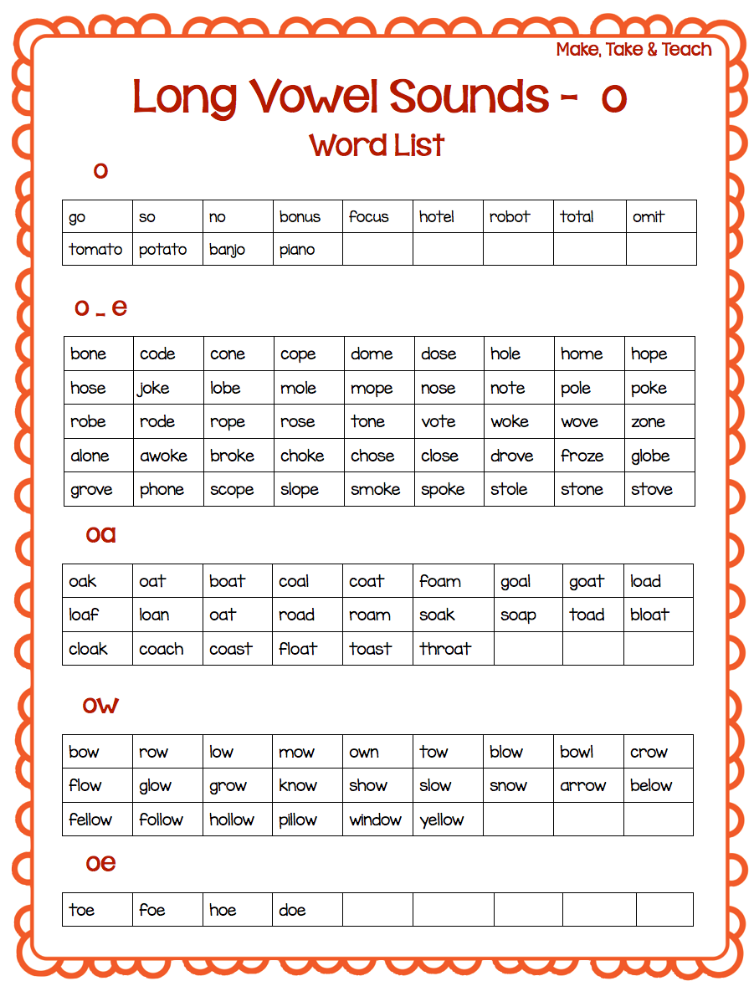 B., Ph.D. & Kress, J.E., Ed.D. (2006). The Reading
B., Ph.D. & Kress, J.E., Ed.D. (2006). The Reading
Teacher’s Book of Lists 5th Edition. San Francisco, CA: Jossey Bass
Reader Interactions
vowel pronunciation, intonation and stress -
Download: This post is available as a handy PDF document that you can take anywhere. Receive a copy of this post by email.
There are 10 vowels and 10 sounds in Russian phonetics. There is a problem - more than half of the English vowel sounds have no analogues in Russian phonetics, and therefore there are serious difficulties with their pronunciation. Difficulties are also caused by intonation and rhythmization of speech, placement of stresses.
Vowel sounds
The vowel system in Russian has two main differences from English:
- no concept of a long-short vowel,
- no diphthongs.
It is interesting that long and short vowels, as well as diphthongs, could exist in Russian speech if they had not been lost by the Proto-Slavic language (according to scientists, this is the language common to all ancient Slavic peoples).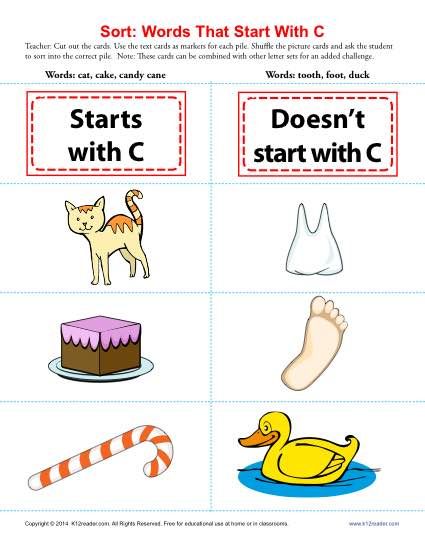
The following vowel sounds have full or partial equivalents in Russian:
- [i] symbol, business
- [i:] receive, people
- [e] friend, effort
- [ɒ] rock, body
- [ʊ] foot, understood
- [u:] June, moon
- [ᴧ] couple, other
- [ə] alias, about
- [eɪ] eight, blade
- [aɪ] cry, guide
- [ɔɪ] joy, oyster
- [ɪə] here, fear
- [eə] there, square
- [ʊə] poor, tour
- [aʊ] trousers, cow
- [əʊ] go, toe
- [aɪə] fire, desire
- [aʊə] hour, sour
Usually, Russian speakers do not make serious mistakes when pronouncing them, but some inaccuracies in English speech may be associated with them. The remaining four sounds cause more problems:
- [æ] cat, compact
- [ɑ:] garage, far
- [ɔː] board, awful
- [ɜ ː] her, word
Consider examples of Russian errors in English when pronouncing vowels:
- The sound [ɜː] , which has no correspondences in the Russian vowel system, is the most difficult and incomprehensible for Russian-speaking students when learning English.
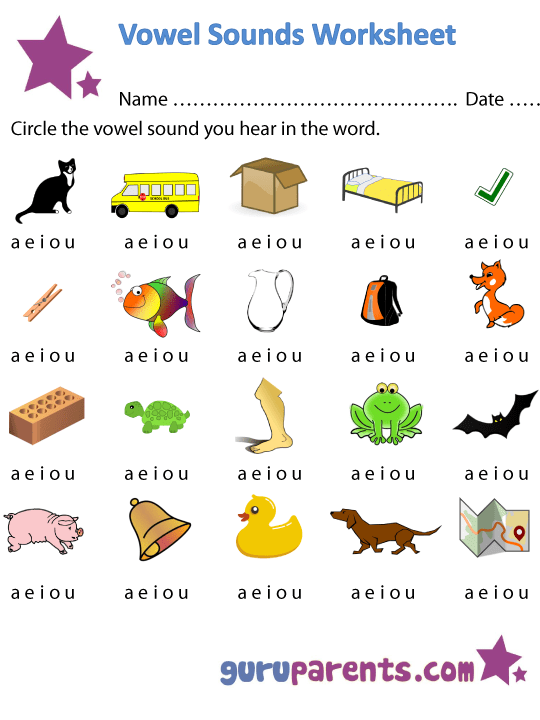 They tend to replace it with sound [o] , for example, in words work, journal , or Russian [ɜ] , which is closer to [e] and is incorrectly used in words such as twerk, germ . The most difficult thing is to correctly pronounce words that begin with [w]: work, word, worth, worm , etc.
They tend to replace it with sound [o] , for example, in words work, journal , or Russian [ɜ] , which is closer to [e] and is incorrectly used in words such as twerk, germ . The most difficult thing is to correctly pronounce words that begin with [w]: work, word, worth, worm , etc. - Long [ɑ:] is incorrectly replaced by Russian [a], which refers to the sounds of the front row, while English [ɑ:] is deeper. To understand the difference, compare the correct pronunciation of bark, smart and porridge, start .
- The sound [æ] is usually replaced by the closer one for the Russian phonetic system [e] . As a result, there is often confusion between words, for example, in the pair sat - set .
- Long [ɔː] turns into Russian [o] , which refers to front vowels, or into diphthong [əʊ] . Because of this, words like caught [kɔt], cot [kɑt], coat [kəʊt] are often mixed .
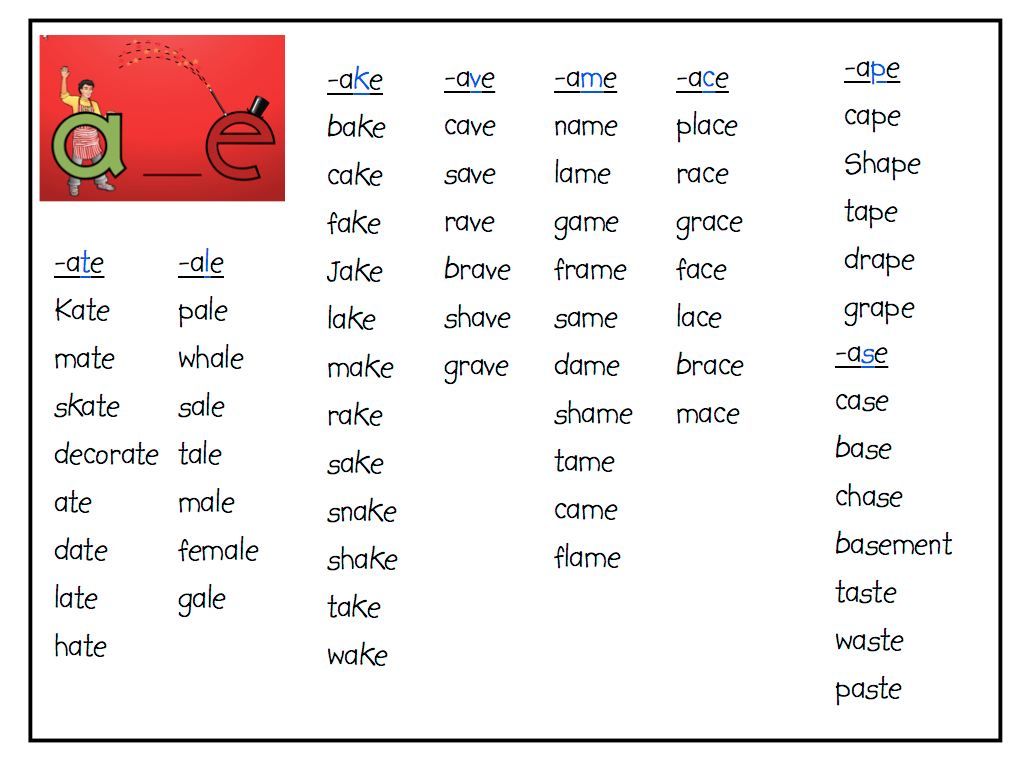
- In general, Russians pronounce long vowels “not long enough”, so they sound similar to short sounds. A common mistake in the English speech of a Russian speaker is the same pronunciation of field and filled , seat and sit .
- Difficulties are caused by different pronunciation of long sounds depending on which letter the syllable ends with ( pea [pi:], peal [pi:l], peat [pi:t] ).
- Despite the absence of diphthongs in their native language, many Russian speakers tend to pronounce English vowels as glide or transitional, as it were, double sounds. So, for example, [ɔː] is often pronounced like [əʊ] , [ɜː] like [eə] etc.
Rhythm and stress
Russian errors in English also appear in the placement of stress and rhythmization of speech. Russian speakers usually forget about two stresses in long English words:
competition
- correct [kɑmpi’tiʃ(ə)n]
- variant with typical error [kəmpi'tiʃ(ə)n]
Difficulties in speech rhythmization are manifested in particular in the fact that unstressed words that English speakers pronounce briefly, as if in passing, Russians pay too much attention.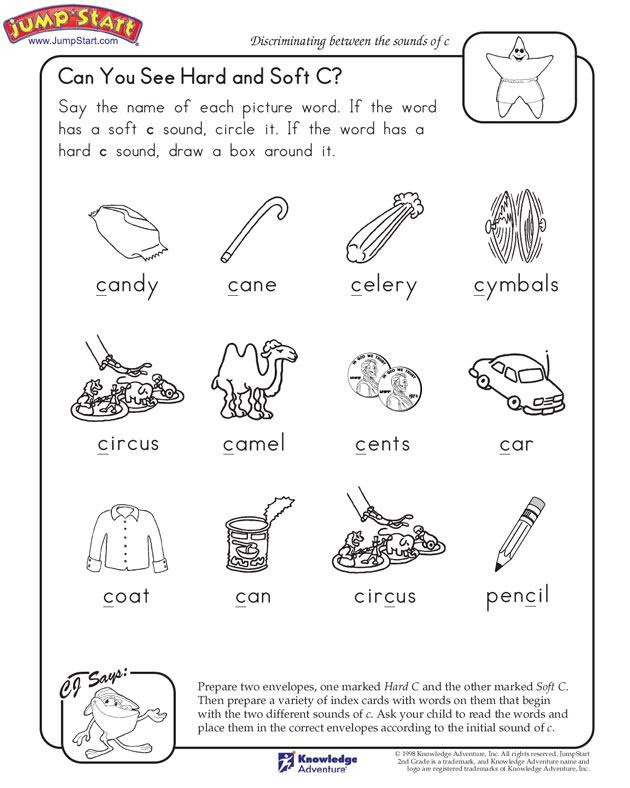 Such words in sentences are mainly auxiliary parts of speech: conjunctions (as, than), modal verbs (have, can, must).
Such words in sentences are mainly auxiliary parts of speech: conjunctions (as, than), modal verbs (have, can, must).
Intonation
Russian intonation mistakes can cost them dearly. The fact is that the wrong English intonation can cause you to be considered impolite and rude.
Main intonation problems associated with different types of questions:
- drop in tone at the end of a general question,
- use of rising intonation in the "tail" of a disjunctive question,
- rising tone at the end of an alternative question.
How to deal with mistakes
To get rid of Russian mistakes in English related to the pronunciation of vowels, as well as rhythmization and intonation of speech, stress, you need to constantly practice. You can use one or all of the listed methods:
- listen to a variety of audio recordings and watch videos in English,
- listen to music, but keep in mind that performers sometimes deviate somewhat from phonetic norms in favor of melody,
- communicate with English-speaking acquaintances and friends,
- study with native English speakers via Skype,
- perform special exercises for the development of the articulatory apparatus.
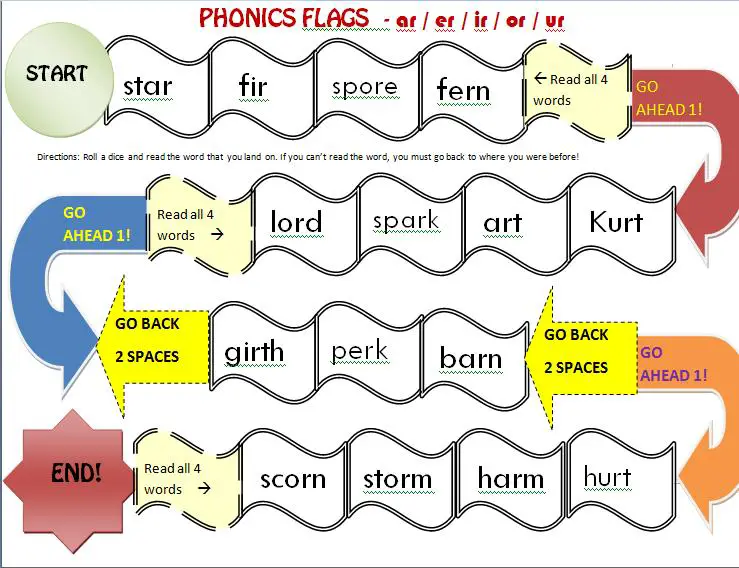
Download: This post is available as a handy PDF document that you can take anywhere. Receive a copy of this post by email.
Tell a friend
Tweet
See also
-
Communication
Language social networks
Today, learning English can take a variety of forms, everyone chooses his own style of learning. One of the powerful educational resources is social networks for learning languages. Continue reading →
-
Technologies
English internet slang and SMS language
Recently, many new means and channels of communication have appeared in our lives. We can no longer imagine our lives without computers and laptops, mobile phones and smartphones, as well as programs that allow us to communicate using this technique. Continue reading →
English phonetics - English language rules on the YES website
English phonetics is fundamentally different from the phonetics of our native language.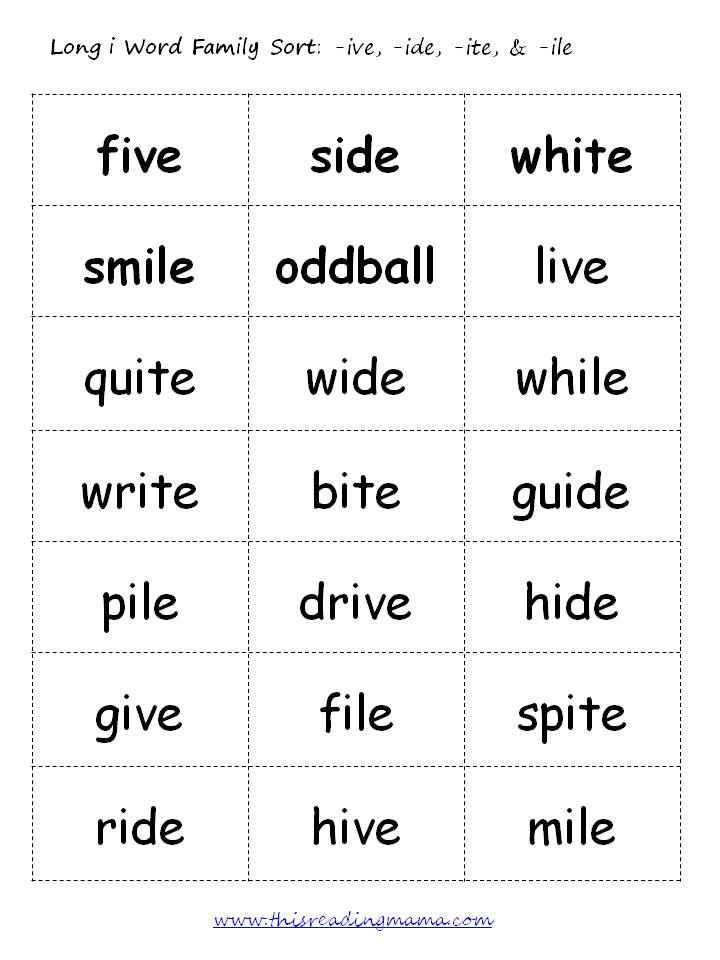 When discussing it, attention is usually paid to the so-called non-equivalent sounds, for example, [θ] , [ð] , [ŋ] , [w] etc., i.e. those that are not in the Russian language at all. However, the truth is that only two English sounds are pronounced exactly like their Russian equivalents. These are the sound [m] , which is fully equivalent to Russian [m] , and the sound [ʃ] , which also sounds like [sh'] (i.e. soft [sh] , not hard [w] ). All other sounds - consonants and especially vowels - sound at least a little, but still different. Therefore, mastering the correct English pronunciation is not an easy task. What do you need to know to learn to speak English with a minimal accent?
When discussing it, attention is usually paid to the so-called non-equivalent sounds, for example, [θ] , [ð] , [ŋ] , [w] etc., i.e. those that are not in the Russian language at all. However, the truth is that only two English sounds are pronounced exactly like their Russian equivalents. These are the sound [m] , which is fully equivalent to Russian [m] , and the sound [ʃ] , which also sounds like [sh'] (i.e. soft [sh] , not hard [w] ). All other sounds - consonants and especially vowels - sound at least a little, but still different. Therefore, mastering the correct English pronunciation is not an easy task. What do you need to know to learn to speak English with a minimal accent?
Consonants
When studying how to correctly pronounce the consonants of the English language, first of all, you need to take into account the phonetic phenomena that occur in English and are absent in Russian.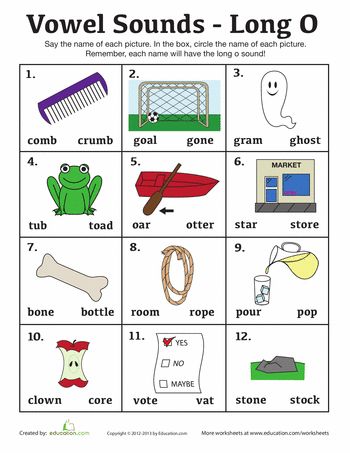 The first of them is aspiration (breathing) on the sounds [k] , [g] , [p] , [b] , [t] and [d] . Unlike their Russian equivalents, these English sounds are explosive. They are pronounced with great effort, with more energy than the corresponding sounds of the Russian language. When they are pronounced, a tangible stream of air comes out of the mouth. If you light a candle and place it 5-6 centimeters from your mouth, its flame should fluctuate noticeably when these sounds are made. Aspiration on voiceless consonants ( [k] , [p] , [t] ) is more active than on their paired voiced ones ( [g] , [b] , [d] ). The strongest aspiration occurs when pronouncing the sound [p] . An American cartoon character named Donald Duck ( Donald Duck ), being angry, literally spatters when he pronounces the sound [ p ]. Those. under the influence of emotion, his aspiration becomes so strong that saliva flies from his mouth.
The first of them is aspiration (breathing) on the sounds [k] , [g] , [p] , [b] , [t] and [d] . Unlike their Russian equivalents, these English sounds are explosive. They are pronounced with great effort, with more energy than the corresponding sounds of the Russian language. When they are pronounced, a tangible stream of air comes out of the mouth. If you light a candle and place it 5-6 centimeters from your mouth, its flame should fluctuate noticeably when these sounds are made. Aspiration on voiceless consonants ( [k] , [p] , [t] ) is more active than on their paired voiced ones ( [g] , [b] , [d] ). The strongest aspiration occurs when pronouncing the sound [p] . An American cartoon character named Donald Duck ( Donald Duck ), being angry, literally spatters when he pronounces the sound [ p ]. Those. under the influence of emotion, his aspiration becomes so strong that saliva flies from his mouth.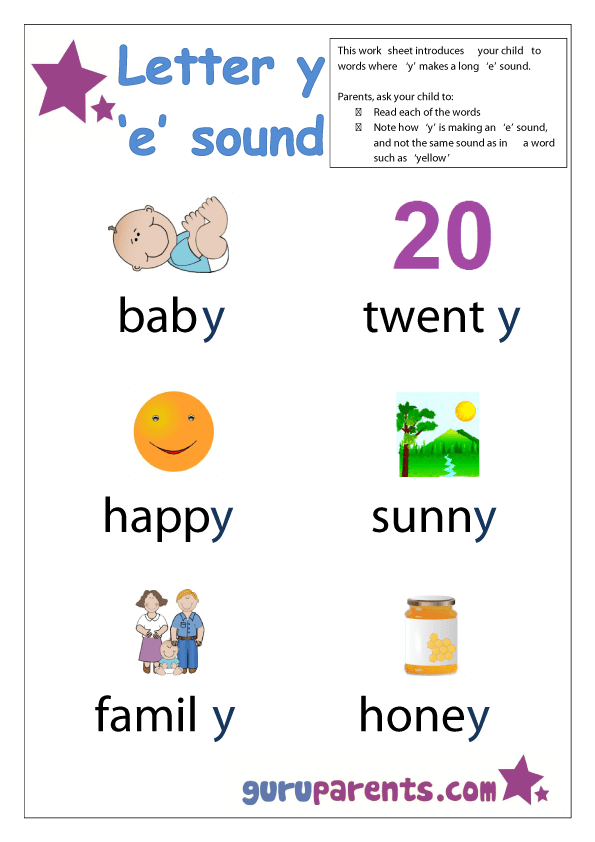
Aspiration on a sound is stronger if it is at the beginning of a word, and weaker if it is at the end. For example, in the word Duck [d] is pronounced with a relatively more active aspiration than [k] .
Lack of aspiration instantly betrays a foreigner. Therefore, it is necessary to take into account this phonetic feature and pronounce the above sounds with aspiration when speaking in English. On the other hand, some of these sounds are not always pronounced with aspiration. Breathe on [p] and [t] are lost if they are preceded by the sound [s] , as in speak and steal . The sound [k] is pronounced without aspiration before the sound [t] , as, for example, in the word select .
In addition, if in the phrase the first word ends with [t] or [d] , and the second one begins with [t] or [d] , then the aspiration on the first of this pair of sounds disappears, and remains only on the second.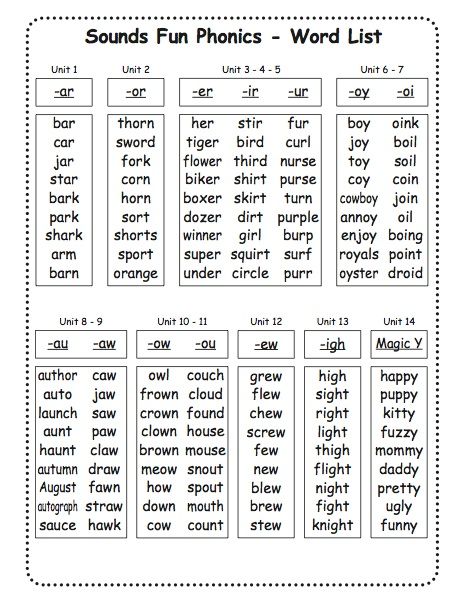 Two sounds seem to "stick together" into one. In this case, before pronouncing this "glued" sound, there is a small pause. So what time sounds [wɔ'tɑim] , what day sounds [wɔ'dei] , bad times sounds [bæ'tɑimz] , and sounds badæ2 dream1 :m] . (Here the apostrophe in the transcription denotes a short pause.) Only a long conversational practice will allow you to use aspiration exactly where it is needed and exactly the strength that is required.
Two sounds seem to "stick together" into one. In this case, before pronouncing this "glued" sound, there is a small pause. So what time sounds [wɔ'tɑim] , what day sounds [wɔ'dei] , bad times sounds [bæ'tɑimz] , and sounds badæ2 dream1 :m] . (Here the apostrophe in the transcription denotes a short pause.) Only a long conversational practice will allow you to use aspiration exactly where it is needed and exactly the strength that is required.
English [ f ] and [ v ] also sound more punchy than Russian [f] and [v] . When pronouncing such words as fine and very , for example, a larger air flow in terms of volume and activity passes between the lower teeth and upper lip compared to the way of pronouncing the Russian words fact or army.
The same applies to the sounds [s] and [z] : they are also pronounced a little more actively than the Russians [s] and [з] , but in their case, only barely noticeably more active.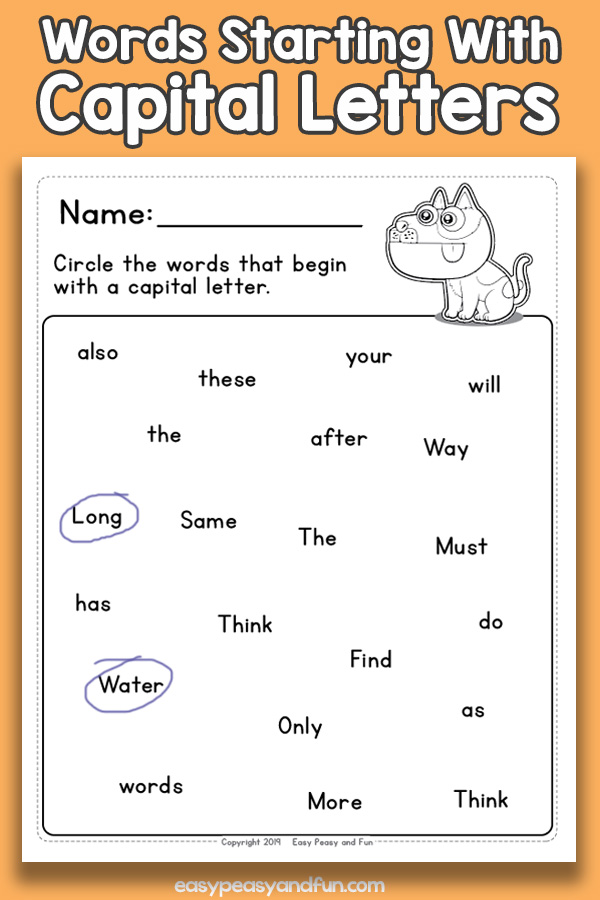
Another important phonetic difference between English and Russian is that when pronouncing the sounds [n] , [l] , [t] , [d] , [ʧ] and [ʤ ] the tip of the tongue rests against the alveoli, and not against the back wall of the upper teeth, as happens with the Russian equivalents of these sounds. (If you draw the tip of the tongue across the palate from the upper teeth back, deep into the larynx, then small tubercles will appear on its way. These are the alveoli.) The tip of the tongue on the back wall of the upper teeth when pronouncing these sounds is another element of the Russian accent, which without labor is recognized by a native English speaker. It seems that there is nothing special in such a simple word as, for example, the word like. But no, it is not pronounced at all [like] - both the first and the last consonant in it sound completely different than in Russian.
Mastering the correct pronunciation of the sounds [j] and [h] can also create a lot of difficulties: they also bear little resemblance to their corresponding Russian sounds.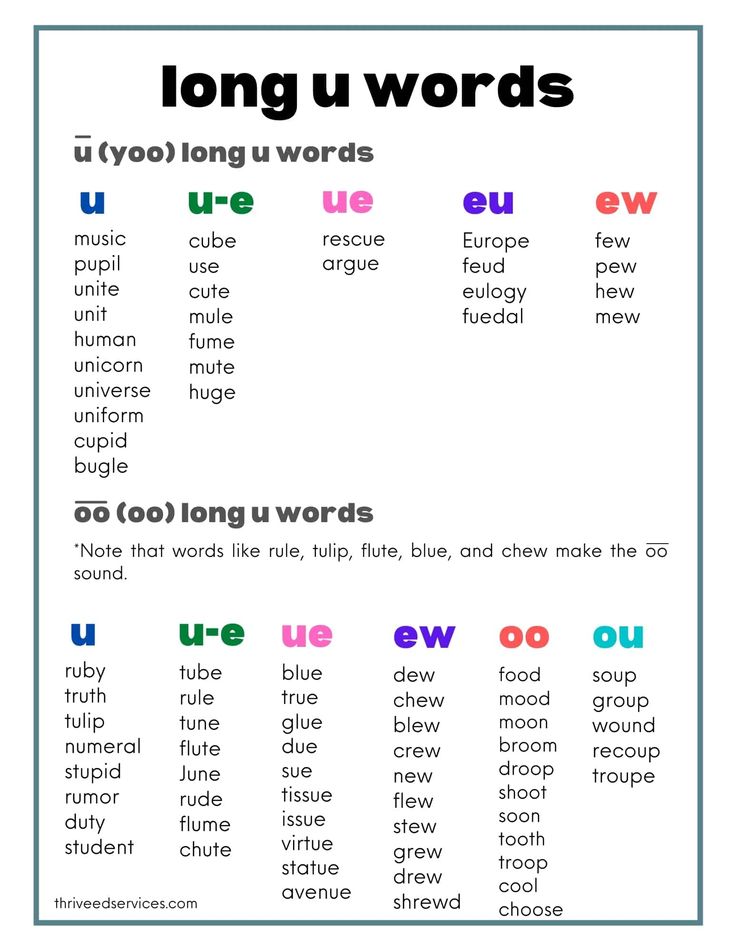 [j] sounds much softer than Russian [й] . When pronouncing an English sound, the back walls of the larynx only slightly approach each other, and do not close, as happens with the Russian sound. To practice soft 9 pronunciation0271 [ j ] recommend pronouncing such Russian words as “tree” or “hedgehog” with an English accent: [ jolka ] , [ jozhik ] .
[j] sounds much softer than Russian [й] . When pronouncing an English sound, the back walls of the larynx only slightly approach each other, and do not close, as happens with the Russian sound. To practice soft 9 pronunciation0271 [ j ] recommend pronouncing such Russian words as “tree” or “hedgehog” with an English accent: [ jolka ] , [ jozhik ] .
As for the sound [ h ] , it is also unlike the Russian [ x ] . It's not even a sound, but just breathing, a light exhalation. In some geographic areas, words such as home or happy do not even sound like [hɔum] and [hæpɪ] , but [ɔum] and [æpɪ ]. In other words, the sound [ h ] is not heard at all by some English speakers.
The non-equivalent consonants [θ] , [ð] , [ŋ] and [w] are probably the most difficult to learn to pronounce. However, persistent training will allow you to master these sounds.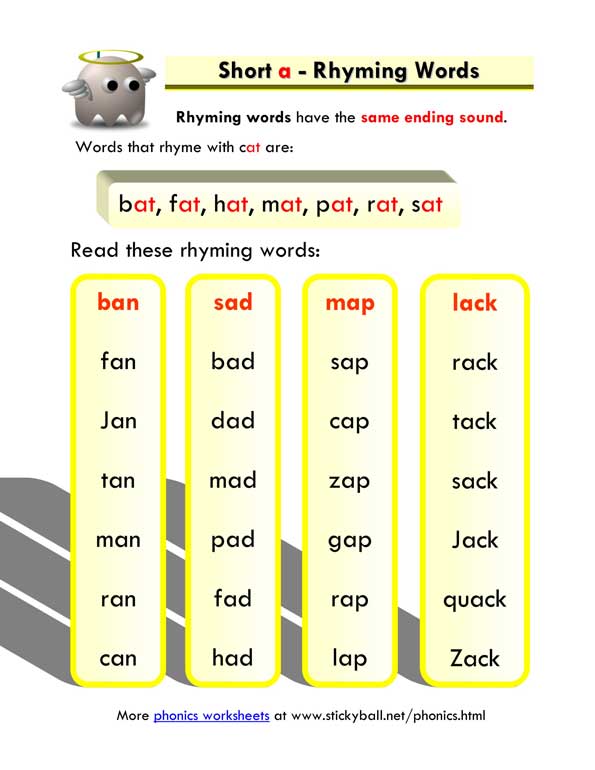 The consonant [r] should probably also be classified as non-equivalent, since it only very remotely resembles the Russian sound [r] . In some English words ending in -r or -re , the sound [r] remains "mute" (i.e. not pronounced) if the word following it begins with a consonant. However, the letter r takes on a sound form if the next word begins with a vowel. So car park sounds [kɑ pɑk] , where to sounds [wɛətu] , but car acciden t sounds [kɑræksɪd(ə)nt] , and where are you sounds [ wɛərɑju(:) ] . Moreover, the sound [ r ] can sometimes appear at the intersection of words, even if the first of them does not end in -r or -r e , but the second begins with a vowel. For example, when opening a court session, the judge says Law and order ! So this statement sounds [lɔrəndɔdə] . This is the so-called "intrusive" (intrusive) [r] .
The consonant [r] should probably also be classified as non-equivalent, since it only very remotely resembles the Russian sound [r] . In some English words ending in -r or -re , the sound [r] remains "mute" (i.e. not pronounced) if the word following it begins with a consonant. However, the letter r takes on a sound form if the next word begins with a vowel. So car park sounds [kɑ pɑk] , where to sounds [wɛətu] , but car acciden t sounds [kɑræksɪd(ə)nt] , and where are you sounds [ wɛərɑju(:) ] . Moreover, the sound [ r ] can sometimes appear at the intersection of words, even if the first of them does not end in -r or -r e , but the second begins with a vowel. For example, when opening a court session, the judge says Law and order ! So this statement sounds [lɔrəndɔdə] . This is the so-called "intrusive" (intrusive) [r] .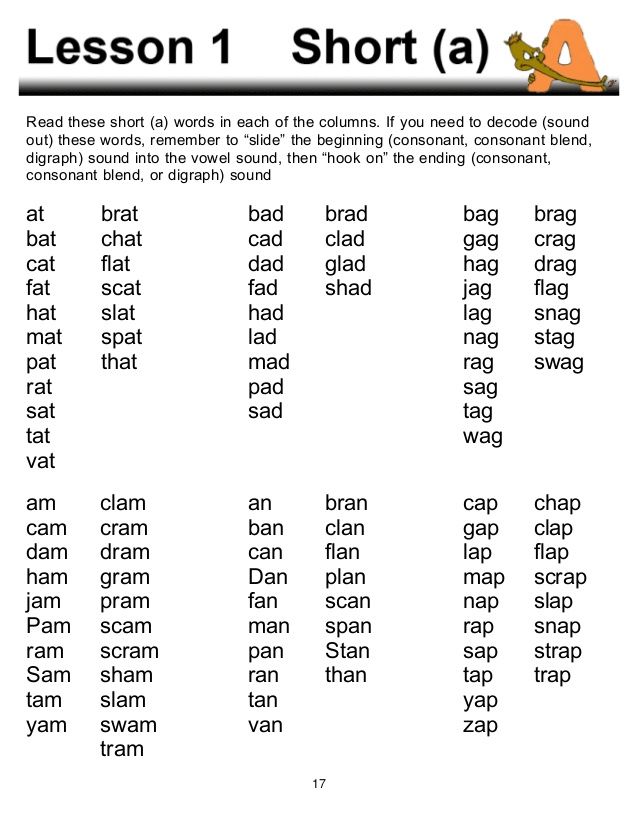
Vowel sounds
The situation with English vowels does not look simpler: they are not all the same as the sounds of the Russian language, and are only remotely similar to them.
Vowels in English are:
1) long and short;
2) open and closed;
3) front and rear.
Each sound has one or the other of these three characteristics.
Sound [æ] ( bad , cat , map , etc .). This designation in phonetic slang is called "frog".
It is a long, open, back vowel. The easiest way for a native speaker of Russian to learn how to pronounce this sound correctly is as follows: you need to open your mouth so as to pronounce Russian [a] , while trying to pronounce Russian [e] .
Sound [e] ( bed , dread , set , etc. ).
It is a short, closed, front vowel. When pronouncing this sound, the mouth is only slightly ajar.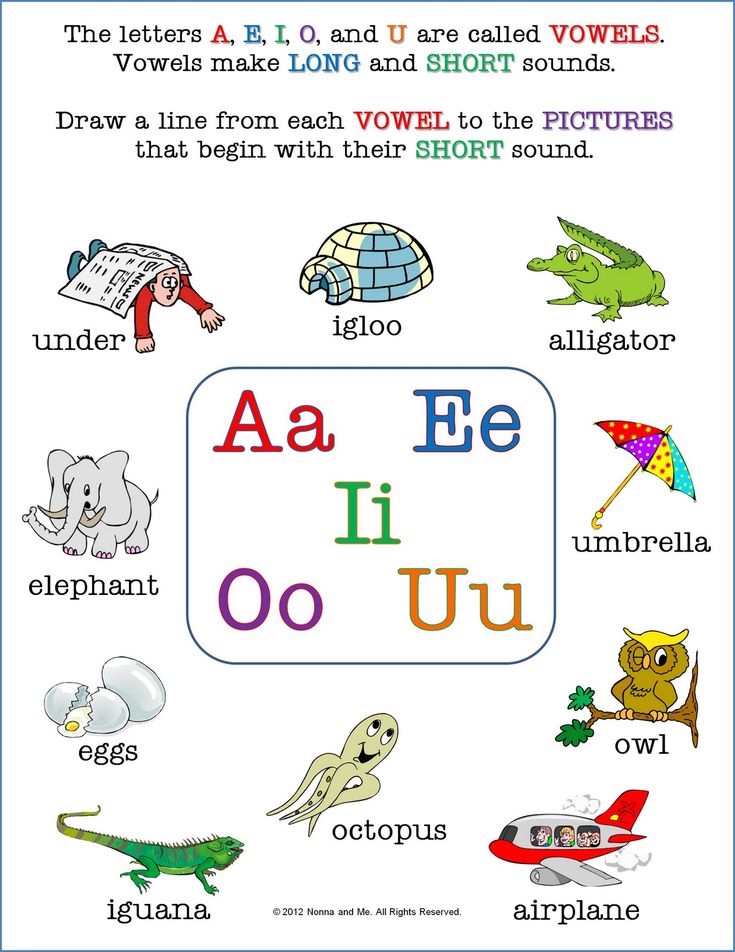 Unlike the previous sound produced in the depths of the larynx, the sound [e] is born in the region of the teeth.
Unlike the previous sound produced in the depths of the larynx, the sound [e] is born in the region of the teeth.
Sound [ə:] ( bird , burn , perk , etc .).
It is a long, closed, front vowel. It is a bit like the vowel in the Russian word "honey", but it is longer and is formed closer to the teeth.
Sound [ɑ] ( bar , arch , barn , etc .).
It is a long, open, back vowel. It is a bit similar to the Russian sound [a] in the word "guy", however, to pronounce it correctly, you need to "push it down the throat" as deep as possible. It is the backmost of all the vowels in English.
Sound [o:] ( call , door , more , etc .).
It is also a long, open, back vowel. It is somewhat similar to Russian [o] in the word "borscht", but, again, it is produced more deeply in the throat.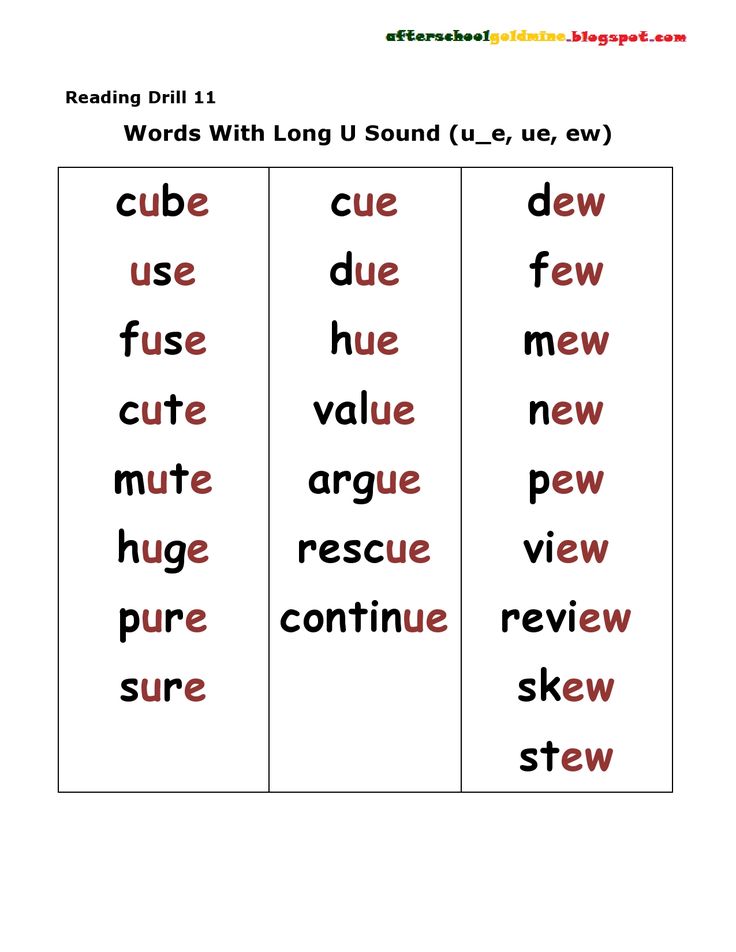
Sound [ʌ] ( but , hum , plug , etc .). This phonetic symbol is called "a lid".
It is a short, closed, front vowel. It is produced just behind the teeth, i.e. much closer to the lips than the Russian sound [a] . When pronouncing it, the mouth does not open wide.
Sound [ɔ] ( pot , clock , cod , etc .).
It is also a short, closed, front vowel. It is also produced much closer to the teeth than the Russian sound [o] . It should be noted that this sound is very similar to the previous one in its sound. In the speech of some native English speakers, it is impossible to distinguish the word " cup " from the word " cop " without context. Those. for many (especially Americans) these words sound completely identical.
Sound [u:] ( shoe , approve , doom , etc .).
It is a long, closed, front vowel. Russian sound [y] is back, while this English sound is the most forward of all existing: it is produced in the lip area.
Russian sound [y] is back, while this English sound is the most forward of all existing: it is produced in the lip area.
Sound [ u ] ( look , loop , push , etc .).
It is a short, closed, front vowel. It, like the previous sound, is formed on the lips, but it sounds noticeably shorter.
Sound [i:] ( meet , beat , complete , etc .).
It is a long, closed, front vowel. To pronounce this sound, you should stretch the corners of your mouth, which we do not do when pronouncing Russian [ and ] . This English sound is produced in the region of the teeth.
Sound [ɪ] ( pick , pig , lip , etc .).
It is a short, closed, back (or rather, middle) vowel. It is closer to the Russian sound [ы] than to [i] . It is produced somewhere in the middle of the larynx.
In English, there is such a phonetic phenomenon as vowel truncation ( vowel check ). If a long vowel is followed by sounds [p] , [t] or [k] , then the length of this vowel is reduced (it is truncated), but there is a small pause between the end of its sound and the beginning of the sound of the next consonant. For example, the length of the vowel in the words leak and lick is not so different, but the first word sounds longer than the second precisely due to the pause: [li’k] vs. [lɪk] .
If a long vowel is followed by sounds [p] , [t] or [k] , then the length of this vowel is reduced (it is truncated), but there is a small pause between the end of its sound and the beginning of the sound of the next consonant. For example, the length of the vowel in the words leak and lick is not so different, but the first word sounds longer than the second precisely due to the pause: [li’k] vs. [lɪk] .
Sound [ə] ( better , forever , apart , etc .). This vowel is called schwa vowel in English.
This is a neutral vowel: it is short, closed, front. It would be more correct to call this sound an “unstressed vowel”: almost any English unstressed phoneme is transmitted by this sound. The exception is words ending in the suffix -ly or -ry. So, in words likely and preliminary , the last unstressed vowel is [ ɪ ] .
In addition, there are also diphthongs in English ( [ju:] , [ei] , [ɑi] , [ɑu] , [ɔi] 2, [02ə02] ] , [ɛə] and [uə] ) and even triphthongs ( [juə] , [ɑiə] and [ɑuə] , which is not in Russian at all.